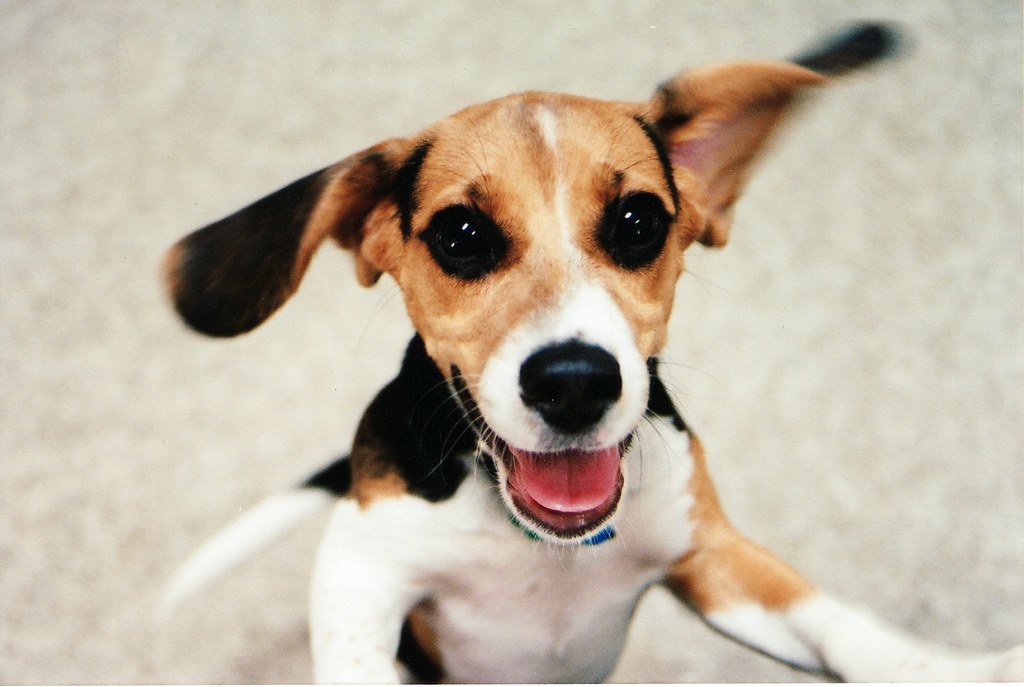When celebrating with friends or relaxing at home, it might seem harmless to let your dog “join in” by licking a spilled drink. But veterinary experts stress that alcohol—even in small amounts—can be extremely dangerous, even deadly, to dogs.
As tempting as it might be to share a little sip, alcohol and pets simply don’t mix.
Why Alcohol is Toxic to Dogs

Alcohol affects dogs differently than it affects humans. Their smaller body size, faster metabolism, and different liver function mean they are far more vulnerable to its toxic effects. Even small amounts of beer, wine, spirits, or foods containing alcohol (like rum cake or liquor-filled chocolates) can cause serious health problems.
According to Psychology Today, alcohol acts as a central nervous system depressant in dogs—just as it does in humans—but much more rapidly and severely. It can cause vomiting, disorientation, difficulty breathing, tremors, seizures, and in extreme cases, coma or death. Alcohol poisoning can also lead to metabolic acidosis, where the blood becomes dangerously acidic, potentially causing cardiac arrest.
What Types of Alcohol Are Most Dangerous?

All forms of alcohol are unsafe for dogs. This includes:
- Beer: Though lower in alcohol content, beer contains hops which is toxic to dogs and can cause vomiting, difficulty regulating temperature and kidney damage.
- Wine and Champagne: Both contain alcohol and, in the case of wine, grapes—which are also toxic to dogs and can cause kidney failure.
- Liquor: Hard liquors like vodka, whiskey, and rum are extremely potent and can cause rapid intoxication and poisoning even if in small amounts.
- Alcohol-infused foods: Baked goods or desserts with alcohol can also pose a serious risk, especially foods containing yeast.
Even household products like mouthwash, hand sanitizer, and cleaning agents containing alcohol should be kept securely away from curious pets.
Signs of Alcohol Poisoning in Dogs
If your dog accidentally consumes alcohol, watch for symptoms such as vomiting, drooling, staggering, weakness, rapid heartbeat, difficulty breathing, seizures, or loss of consciousness.
Alcohol poisoning can escalate quickly. If your dog has ingested a large amount and starts developing muscle tremors or seizures, immediate veterinary care is critical before coma or death occurs. According to Dog News, never assume a dog will simply “sleep it off.”
How to Keep Your Dog Safe

Prevention is key when it comes to alcohol and pets. There are ways to keep your pets safe that include keeping alcoholic beverages and alcohol-containing foods out of reach, clean up spills immediately, remind guests not to offer your dog “sips” during gatherings, or simply storing household products containing alcohol securely.
It’s also wise to provide your dog with their own festive treats if you’re hosting a party. Frozen dog-safe fruits, special dog cookies, or even a new toy can help them feel included without putting their health at risk.
Some breweries have even introduced dog-safe “beer,” made from ingredients like bone broth, oats, fruits, and vegetables. According to the American Kennel Club (AKC), these alcohol-free beverages are safe in moderation but should not replace meals.
The Bottom Line
While you may enjoy a glass of wine or a craft beer, your dog should always stick to fresh, clean water. Even tiny amounts of alcohol can have dangerous consequences. As much as we love treating our pets like family, protecting them from hidden dangers—like alcohol—is one of the best ways we can show them love.
Organic Visits
Thursday 30th of October 2025
I have been surfing online greater than 3 hours today, but I by no means discovered any fascinating article like yours. It is lovely worth sufficient for me. Personally, if all site owners and bloggers made good content material as you did, the net might be a lot more helpful than ever before.